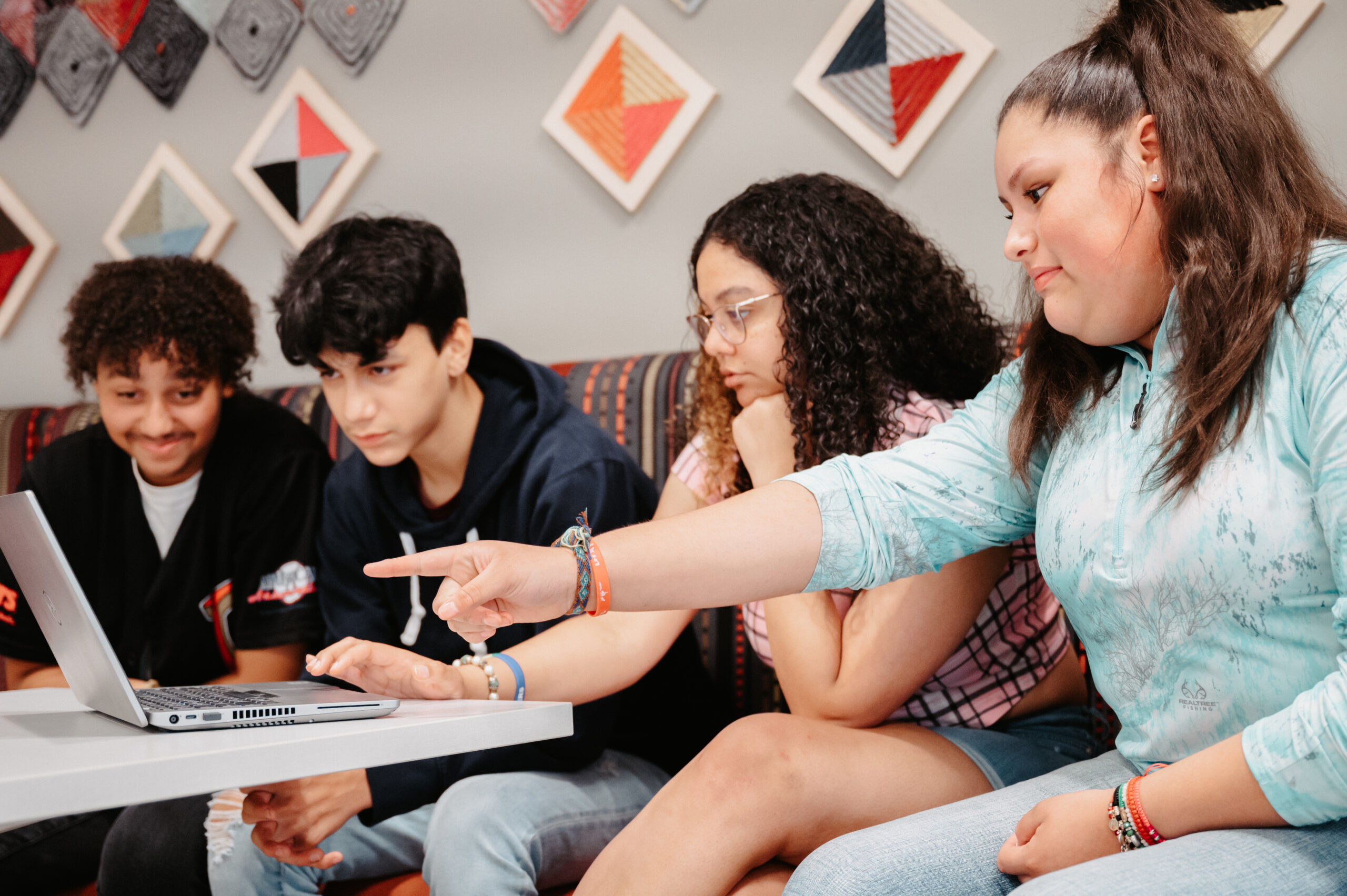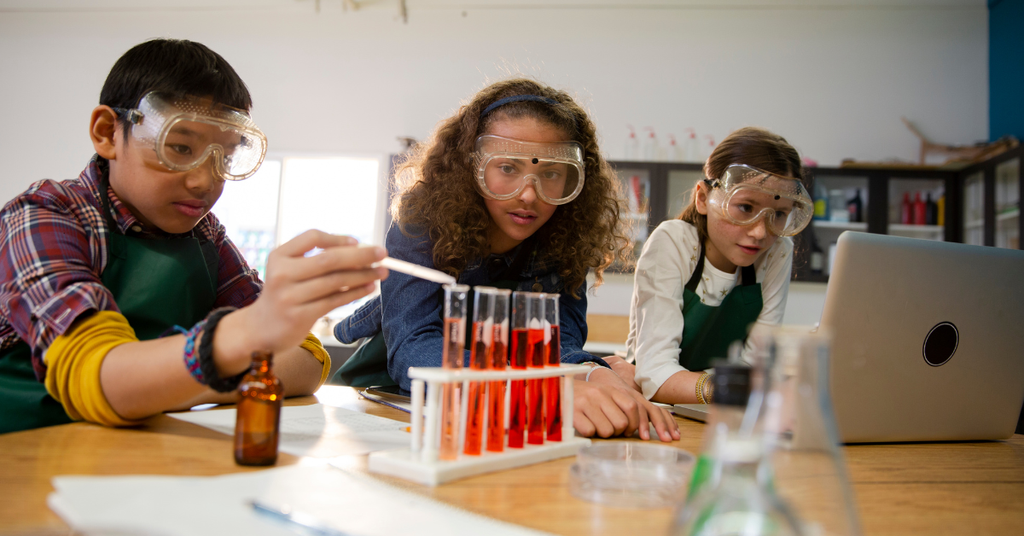In a previous blog post, Unpacking States’ Efforts to Prioritize and Facilitate Middle School Career Exploration, we summarized the results of American Student Assistance® (ASA) and Education Strategy Group’s (ESG) national scan of states’ middle school career exploration vision, policies, and infrastructure. The findings were promising, but to better understand the true impact of these programs as well as places for improvement, the study took the additional step of integrating the student voice.
We define “student voice” as a student’s input or leadership in instruction, school structures, or education policies that has the potential to promote meaningful change in education systems, practice, and/or policy. It is a critical component for success because it empowers students (in partnership with adult educators) to be change agents and full participants in educational policy. It also gives student groups who have historically had limited opportunities to engage in educational policies a seat at the table.
To gather student views a Student Advisory Council (SAC) of middle schoolers (grades 6-8) from five states (California, Florida, Michigan, Montana, and Virginia) was convened. The students represented different racial backgrounds, grade levels, and school types and they participated in a series of small-group, virtual meetings. Virtual one-on-one interviews were then conducted with several SAC participants to dive deeper into students’ experiences.
Here’s what the students said:
- More active, hands-on career exploration experiences are desired. Students had different understandings of career exploration based on their state, district, and school vision, policies, and programs, as well as their personal experiences. Yet they all expressed a desire to learn more about career options including which ones fit or don’t fit their interests, as well as what a typical day on the job looks like and pathways for the professions.
When asked to describe their experience with career exploration activities, students said the focus was more on college or other postsecondary options rather than careers. They expressed interest in more opportunities to learn about careers and expressed a strong preference for active, hands-on, and “fun” experiences (e.g., field trips, job shadowing, etc.) rather than “sit-and-get” presentations.
“…We should do something hands-on to explore the career and actually be in the career for a few days and experience what you would do with them to see if that’s something you would want to do,” Lexi, an 8th grader from Virginia explained.
- Additional support is needed at the start. Students shared that it’s hard to know what to ask if you don’t know much about the career exploration process, available opportunities, or your own skills or interests. In the words of Trinity, a 6th grader from Minnesota, “There aren’t a lot of classes in school to talk about [my interests].”
Guidance from family, caregivers, educators, and/or counselors on where to start their career exploration journey, especially for those considering multiple paths or who are not sure what they are interested in, would be welcomed by students.
- Most of their career information comes from personal networks or family. Not surprisingly, students’ preliminary exposure to careers comes through interactions with family members, friends, or other adults in their lives. These introductions include some information on specific jobs, what level of education is needed, the number of hours worked, etc., but they may not give students a full picture of all career options. This is especially true for students from communities that have not had the educational opportunities necessary for economic mobility.
In addition, many students described not having enough opportunities to discuss careers or career –interests in school or with counselors. Emma, a 7th grader from Minnesota said, “We don’t really talk about careers and stuff in school very often. If we do it’s more like a once in a while thing in school. I think I learn a lot more talking to people I know, like in my family, than in school.”
- Learning plans don’t always support middle school students’ career exploration. Student awareness of state-
- Career exploration should not be “one and done.” These experiences should be structured in such a way to facilitate a meaningful, continuous process that allows students to think deeply about their aptitudes and interests so they can explore a range of opportunities that can lead to a career they find fulfilling. They should not simply “check the box”; as Lexi from Virginia noted, “It’s once a year and you get a five-day unit about what you want to do. Okay, that’s nice. Goodbye. We’re moving on.”
Engaging the student voice
As the beneficiaries of state middle school career exploration policies and programs, it is important to understand students’ points of view. They have told us that they want more hands-on career exploration experiences and they don’t get enough meaningful opportunities to do so in school; need more guidance early in their career exploration journey; would like more opportunities to discuss career options and career-related interest in schools or with counselors to supplement what they’ve learned from their personal networks and families; and would benefit from creating learning plans before ninth grade and broadening them to include career-related plans rather than just focusing on academics.
In the words of eighth grader Lexi, “[I think adults should] focus more on career exploration instead of doing the same presentations over and over again. With career exploration, there are new fields, careers, and new opportunities, and we just don’t explore those often enough…. I feel like we should get to explore careers and find out what you would do in the careers and how you need to get there… I feel like we don’t really do that a lot. And we need more of that.”
To conclude this series of articles on Extending the Runway: A National Analysis of Middle School Career Exploration, our last article will discuss next steps for enhancing middle school career exploration programs.


